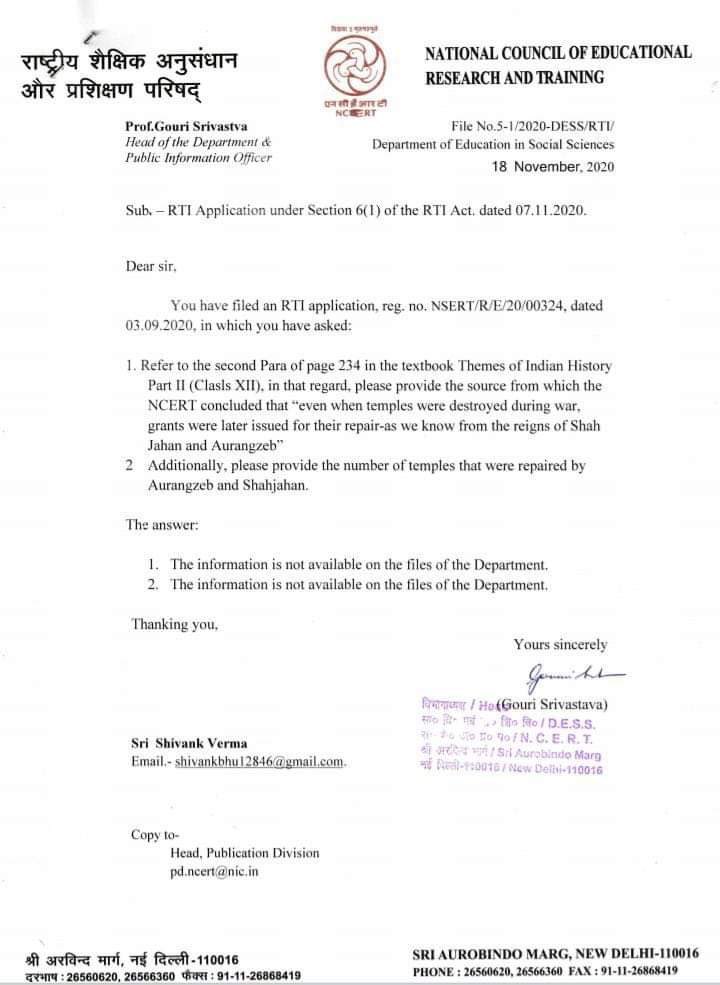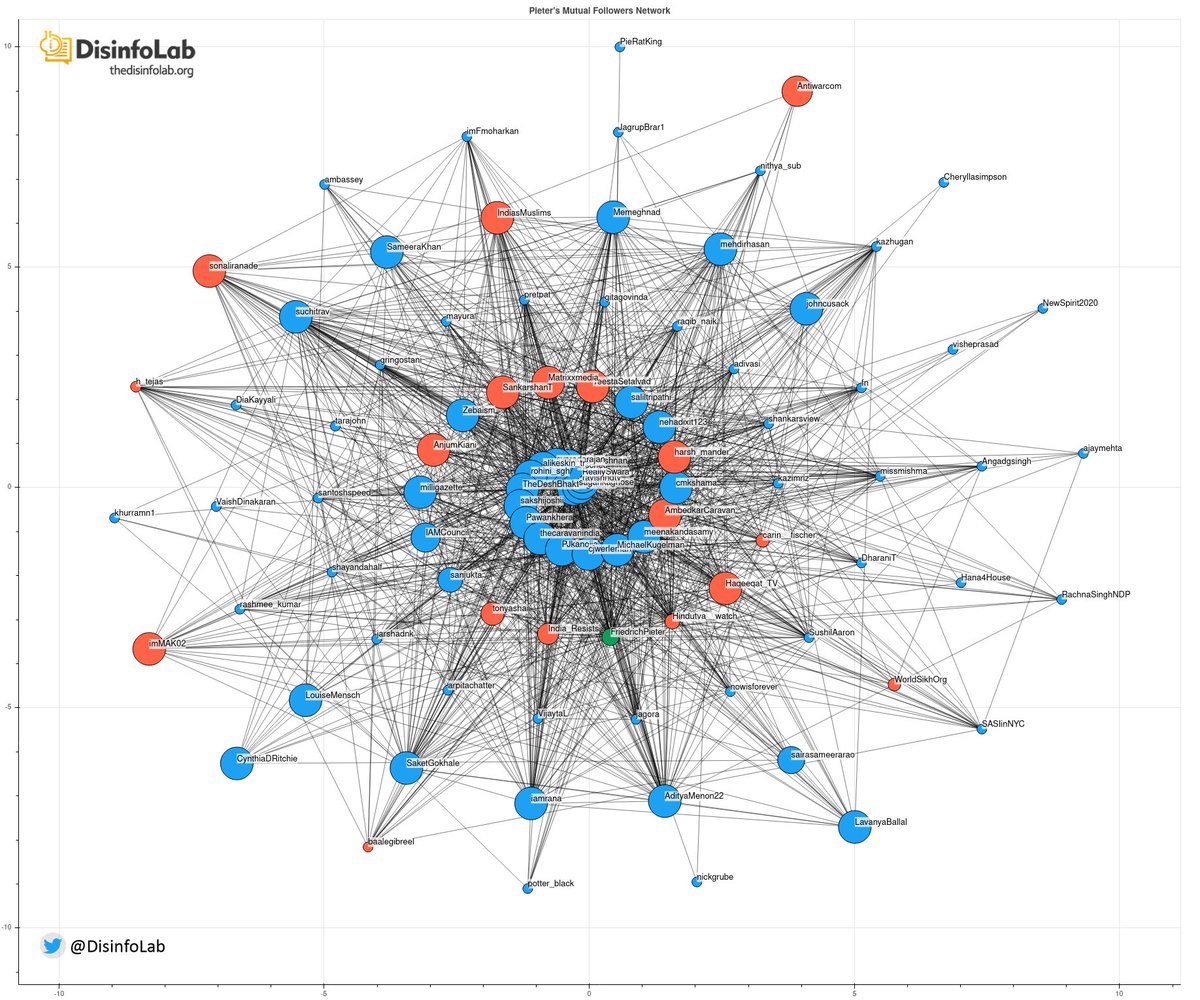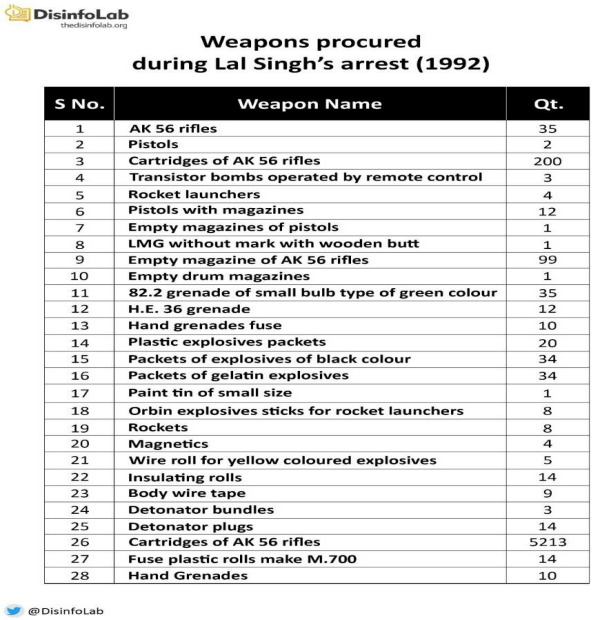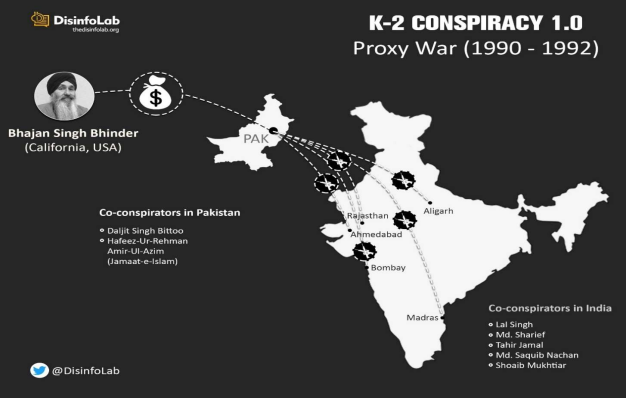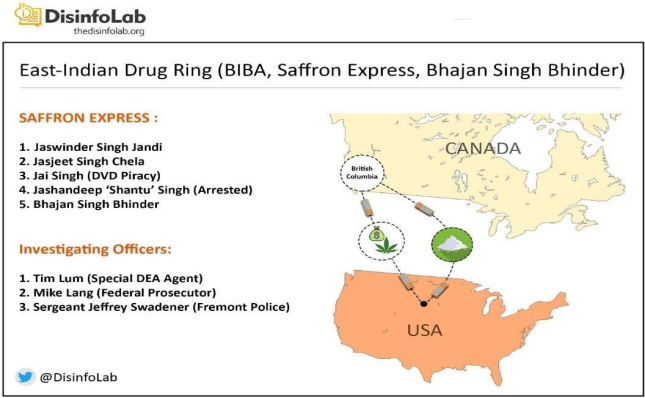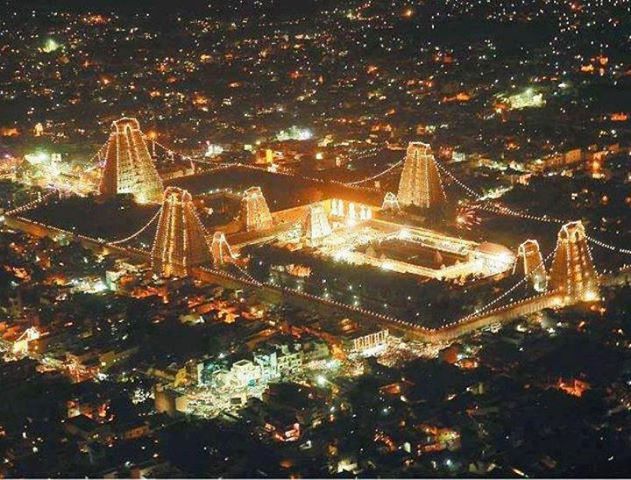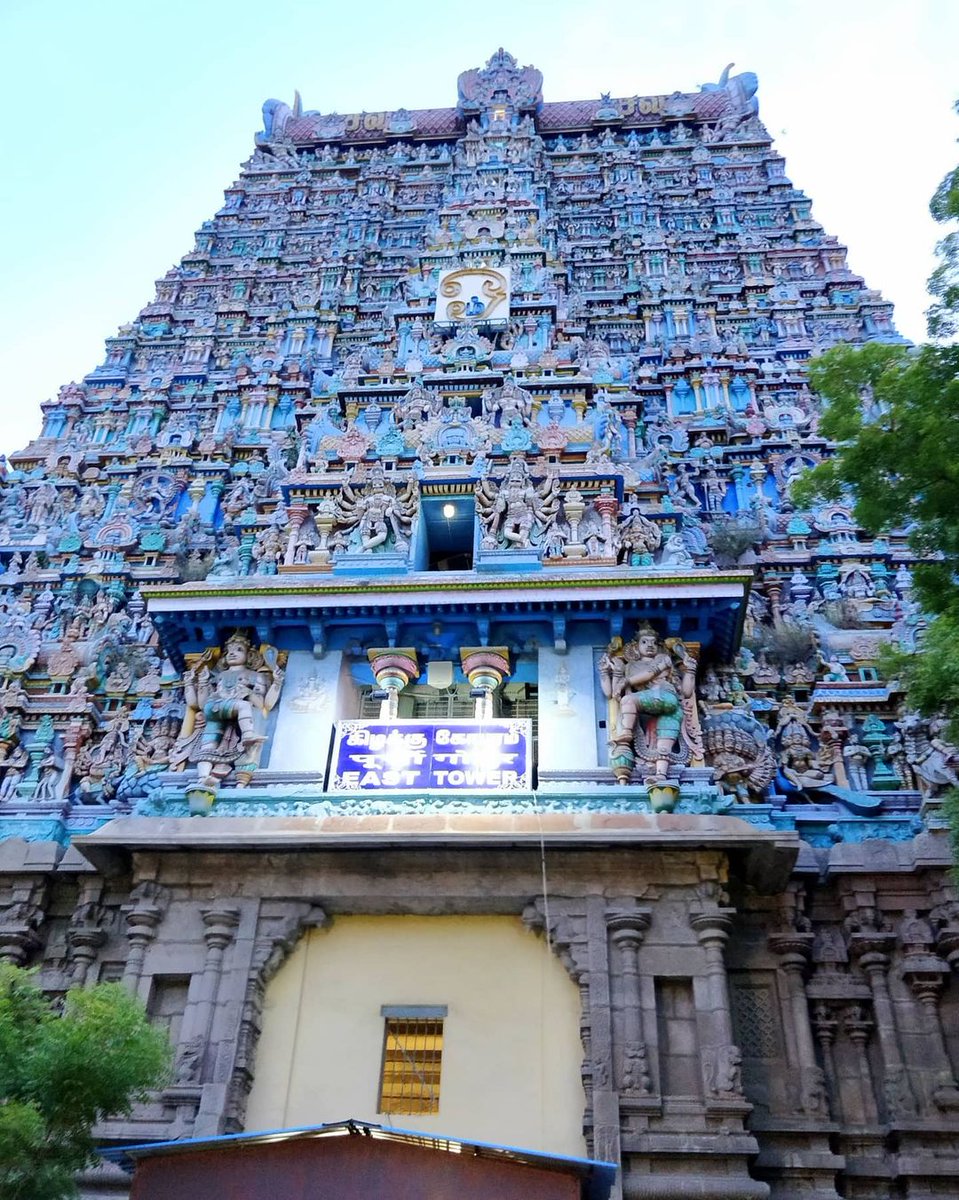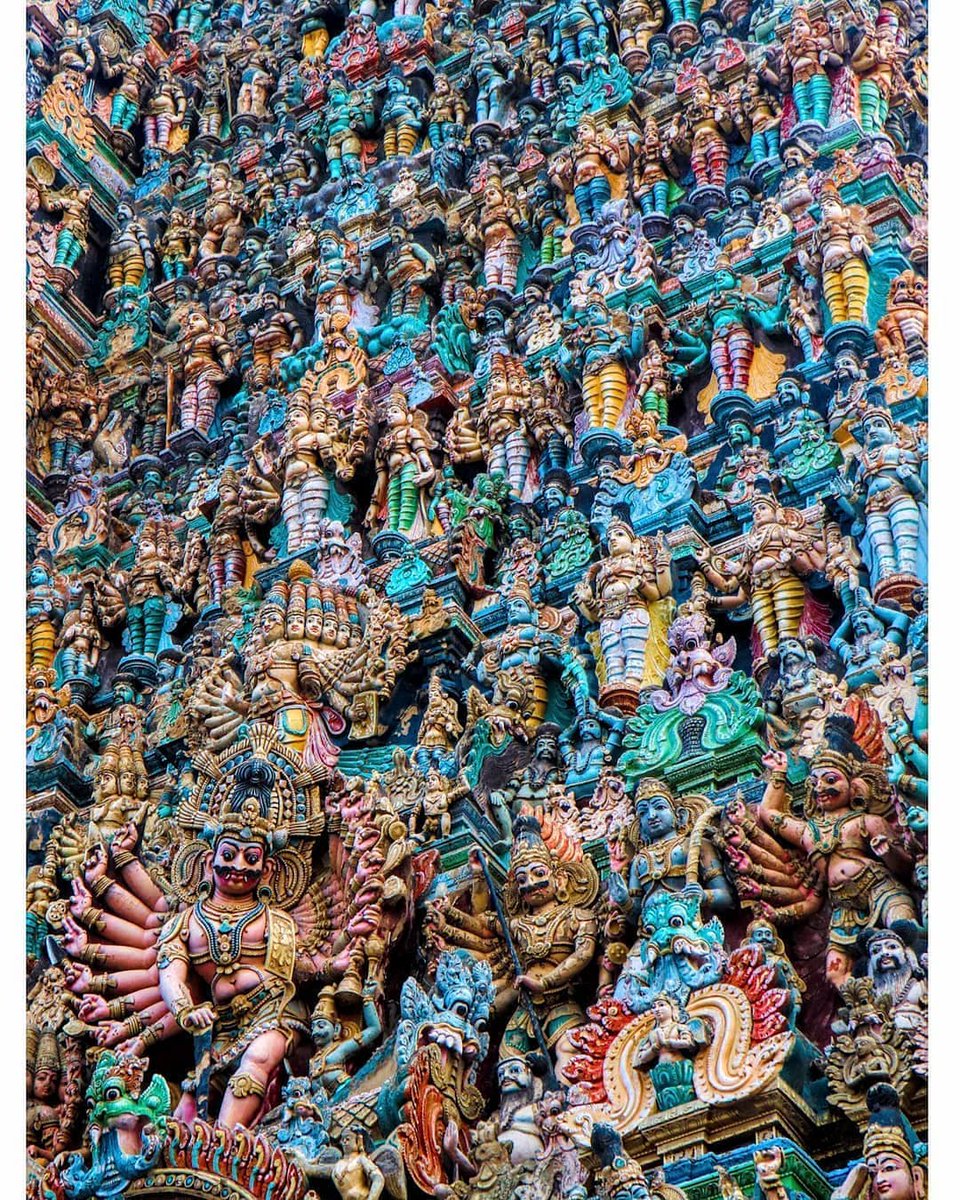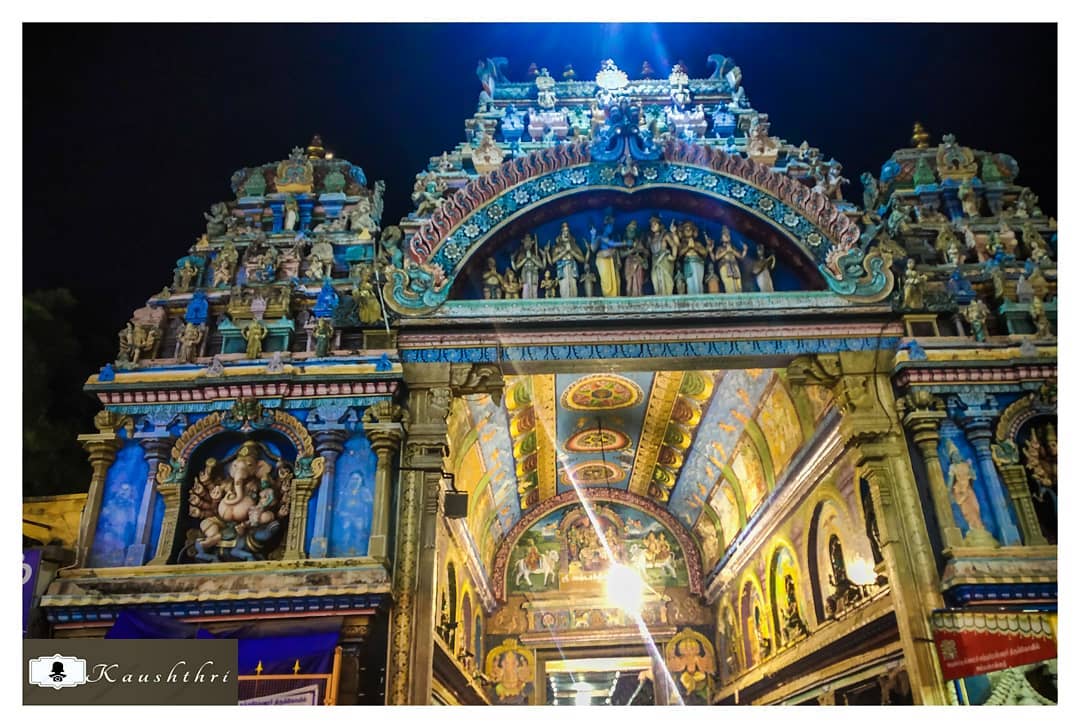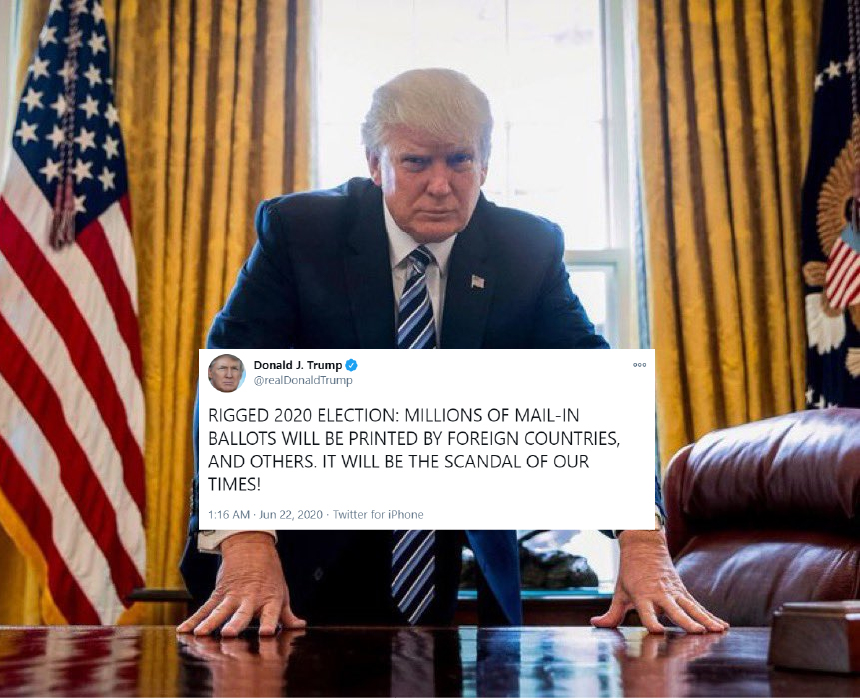The response from NCERT for both requests is:
“The information is not available in the files of the Department.”
Instead, white American “scholars” profit from this and that Indian “eminent historian” is celebrated for it.
More from India
"At least we don't behead people, be happy"....
Thread on beheadings by H!ndus
(1/n) https://t.co/jr72XYZHTq

https://t.co/esFBGvvvCt

https://t.co/t0X0bpsYZI

https://t.co/akB0tGqwfB

https://t.co/pfRi6SxqW5

Thread on beheadings by H!ndus
(1/n) https://t.co/jr72XYZHTq

Radical Hindutva Extremists
— Dhruv Rathee \U0001f1ee\U0001f1f3 (@dhruv_rathee) January 3, 2021
= Radical Islamic Extremists - Beheading + Mob Lynching
+ "At least we don't behead people, be happy"
https://t.co/esFBGvvvCt

https://t.co/t0X0bpsYZI

https://t.co/akB0tGqwfB

https://t.co/pfRi6SxqW5


